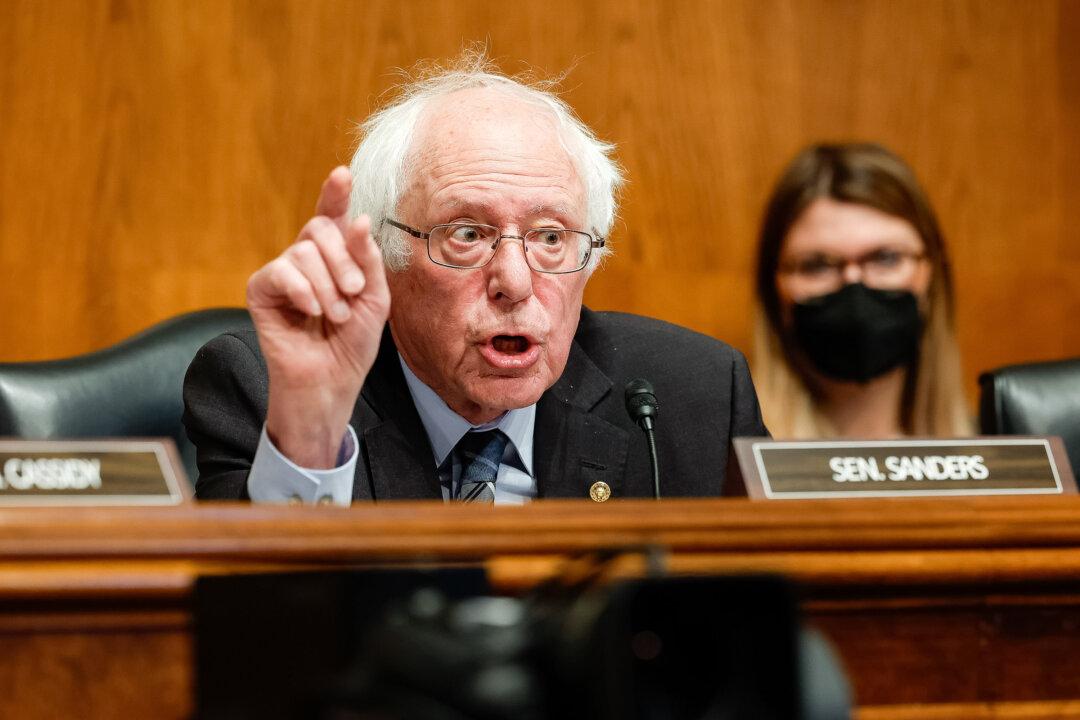A Senate committee hearing on the price of prescription drugs turned into a disagreement on the value of capitalism in the field of medicine and drug development.
Drug company CEOs were in the hot seat during the Feb. 8 hearing, as Sen. Bernie Sanders (I-Vt.) attempted to pin down the reason for high drug costs and obtain commitments to lower the cost of the medications.





